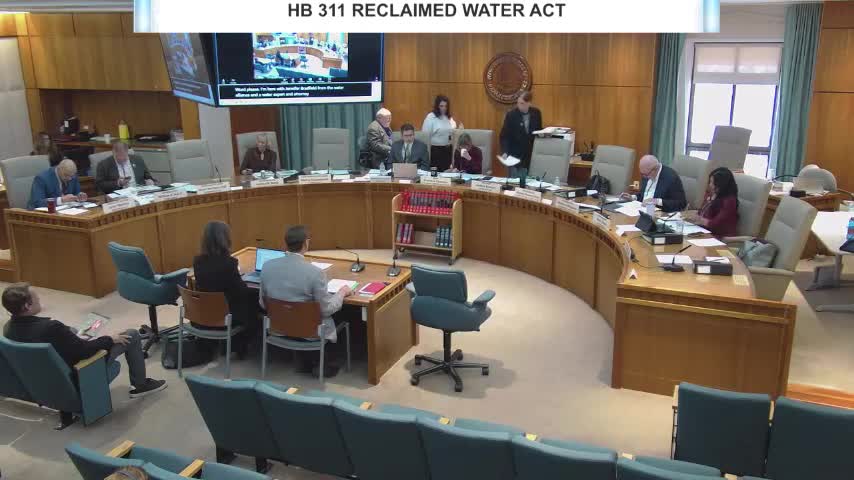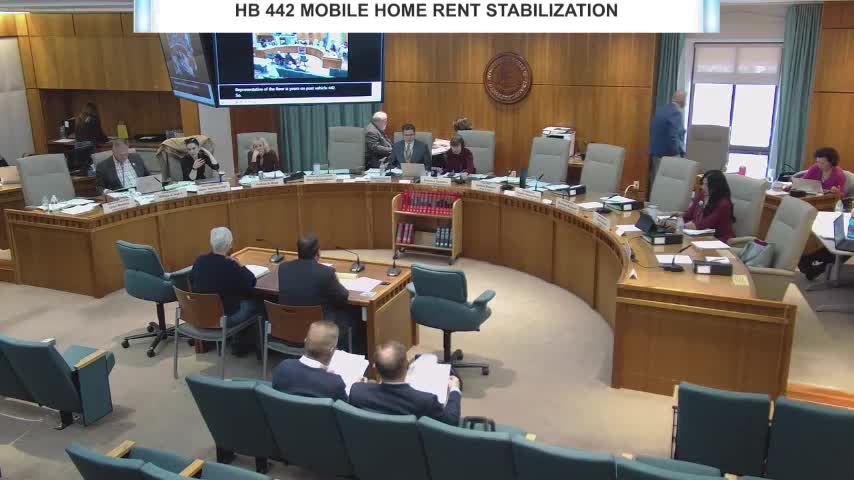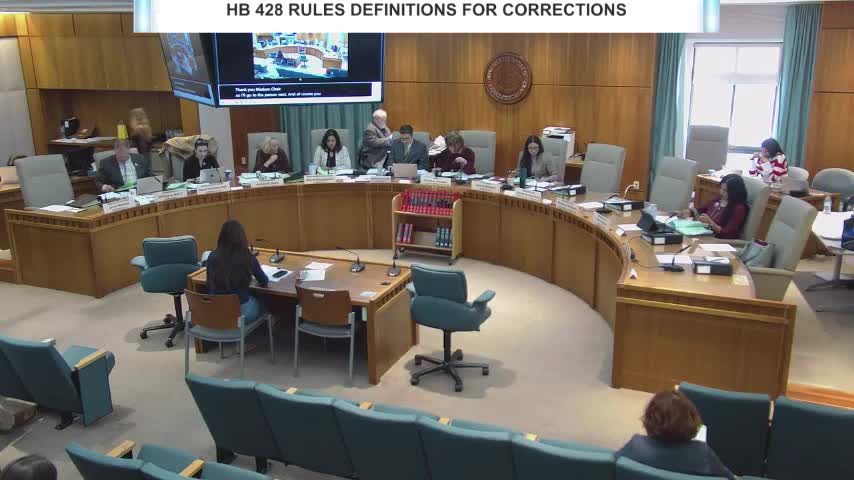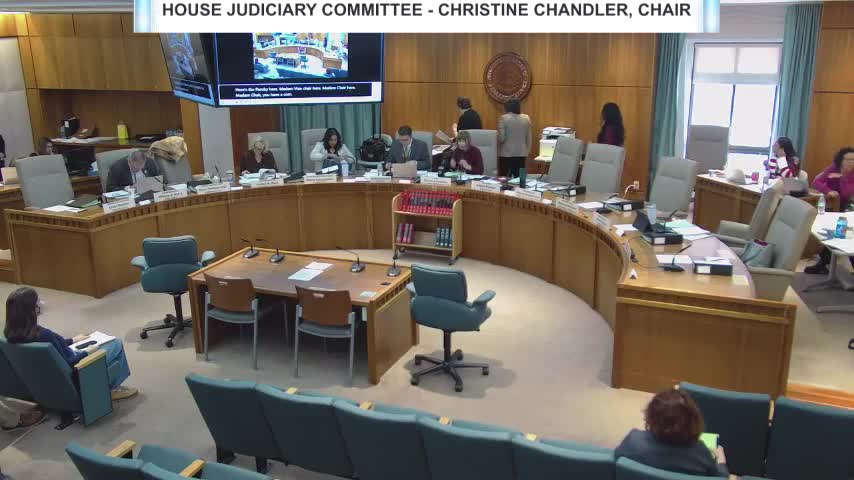Article not found
This article is no longer available. But don't worry—we've gathered other articles that discuss the same topic.

Reclaimed Water Act draws heavy public debate over oversight, produced-water use

House committee advances substitute to address mobile-home park rent spikes, creates working group

Votes at a glance: bills advanced or recommended by House Judiciary Committee

